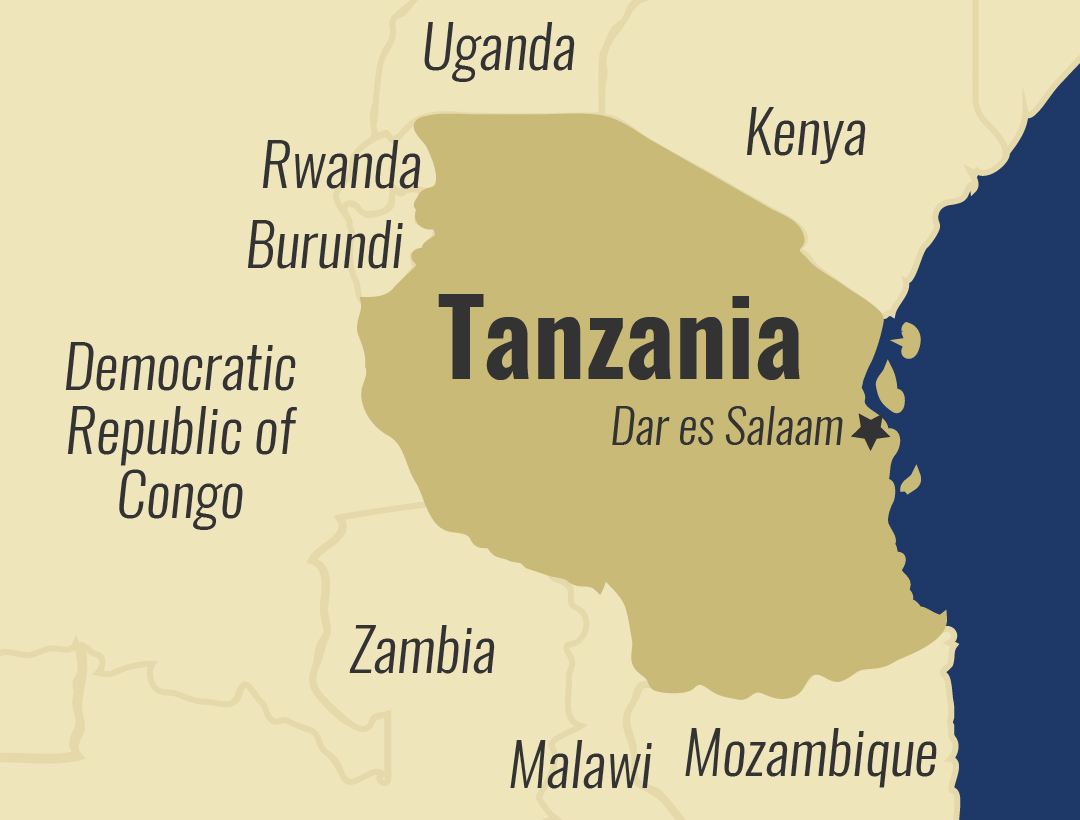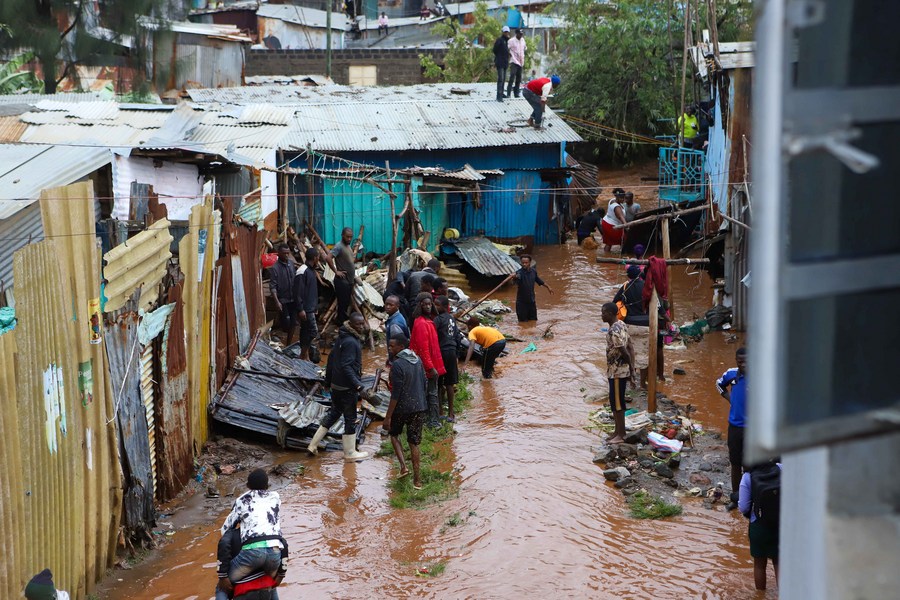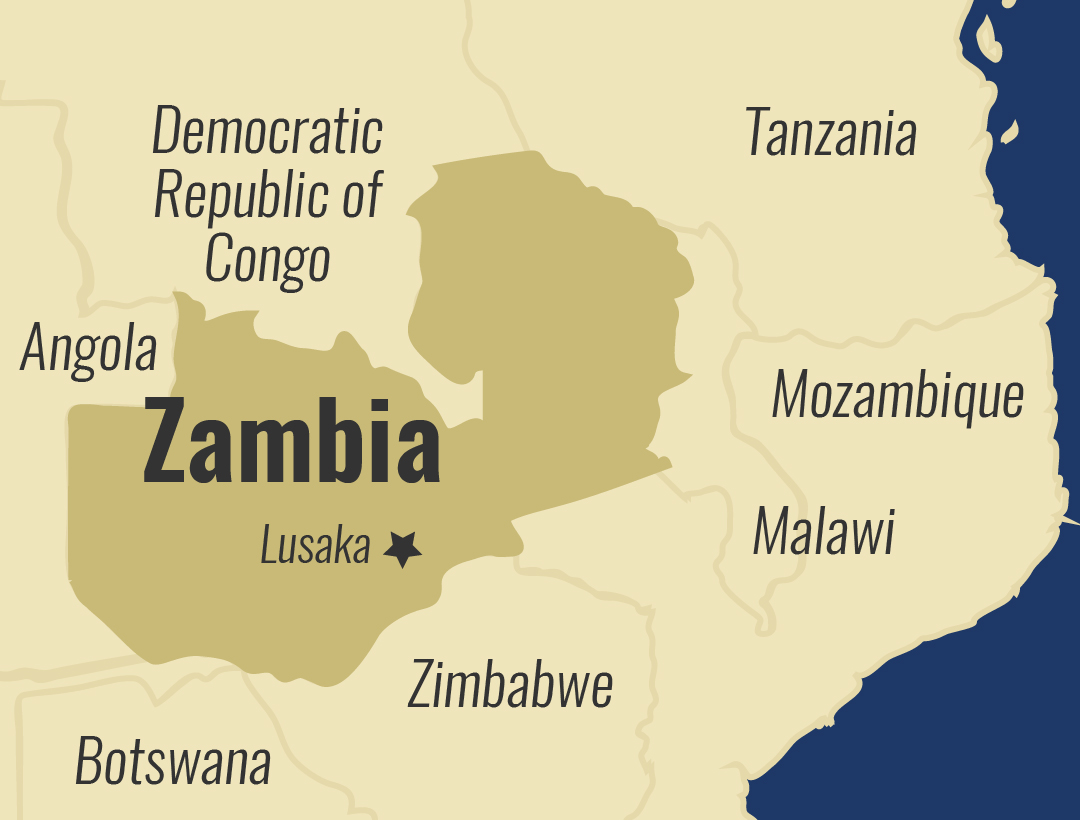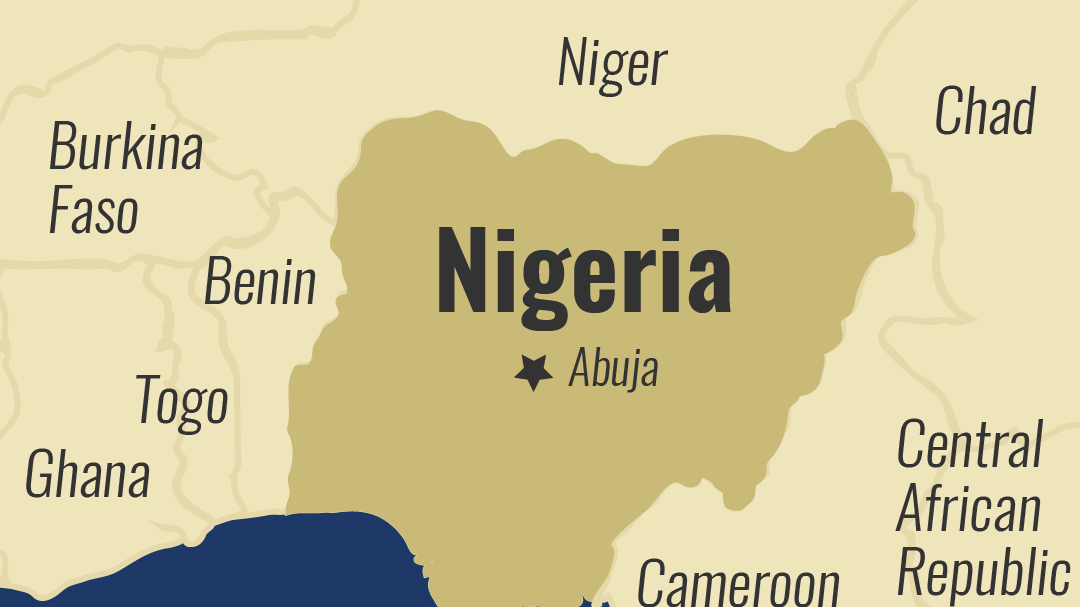
Prison systems globally begin freeing inmates in effort against COVID-19

Ethiopia plans to free more than 4,000 prisoners holed up in its prisons as a measure to curb the spread of coronavirus.
The first batch of releases takes place on Thursday.
“Considering the nature of the transmission of the virus and to end the overcrowding in prisons, the cases of 4 011 prisoners have been discontinued and given pardons,” Attorney General Adanech Abebe said.
Inmates convicted of ‘petty crimes’, those with less than a year remaining on their sentences, and women with babies are among those being freed.
Foreigners charged with involvement in smuggling and drug trafficking will also be released and deported to their countries of origin.
Sudan let go of more than 4000 prisoners for similar reasons.
“The first batch of prisoners from (a total of) 4,217 have been released from al-Hoda prison in the city of Omdurman,” twin city of the capital Khartoum, official news agency SUNA reported.
The publication did not specify how many prisoners were released or the nature of their crimes.
The United Nations is encouraging other countries to consider prisoner releases as a means of “flattening the COVID-19 curve”.
“Authorities should examine ways to release those particularly vulnerable to COVID-19, among them older detainees and those who are sick, as well as low-risk offenders,” UN High Commissioner for Human Rights Michele Bachelet said.
Bachelet also pointed out that detention facilities in many countries are severely overcrowded, making detainees and staff particularly vulnerable to catching the deadly new coronavirus.
“People are often held in unhygienic conditions and health services are inadequate or even non-existent. Physical distancing and self-isolation in such conditions are practically impossible,” she noted.
Bachelet recognised that governments are currently facing huge demands on resources, but urged them “not to forget those behind bars, or those confined in places such as closed mental health facilities, nursing homes and orphanages”.
Germany’s most populous state, North-Rhine Westphalia, announced on Wednesday it would release 1,000 prisoners who are close to the end of their sentences, with sex offenders and violent inmates excluded from the list.
In Canada, 1,000 inmates in the state of Ontario were released last week, and lawyers are working with prosecutors to free many more from provincial jails by accelerating bail hearings, among other steps.
The US state of New Jersey plans to temporarily release around 1,000 low-risk inmates, and New York City’s Board of Corrections, an independent oversight body, has called on the mayor to release around 2,000.
Iran has temporarily freed about 70,000 prisoners to combat the spread of the coronavirus in jails.






